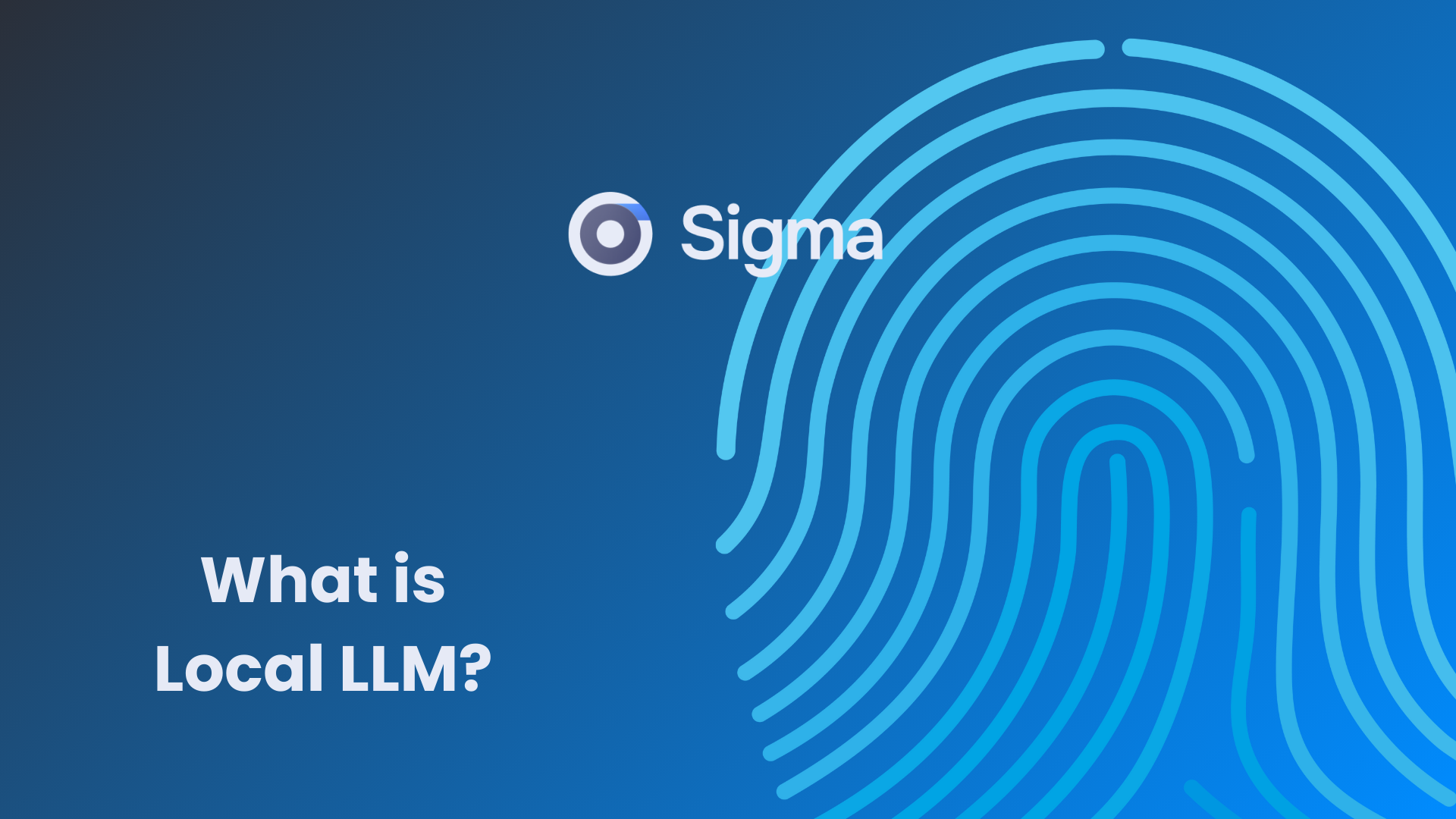From Templates to Intelligence: How AI Resume Builders Are Rewriting Job Hunting
There was a time — not too long ago — when “building a resume” meant wrestling with Microsoft Word templates and fonts that somehow never looked professional no matter how many times you realigned them. Fast forward to now, and suddenly, resumes are being written by artificial intelligence.
Yeah. That’s not science fiction anymore. It’s Tuesday afternoon.
We’ve gone from static templates to intelligent systems that understand context, skills, tone, even the energy of your career story. And now, with AI agents stepping into the mix, the whole job-hunting process is getting a serious rewrite — pun very much intended.
The Death of the Template And Why That’s a Good Thing
Once upon a time, the “modern resume” was basically just a formatted table. A structure. Clean lines, clear fonts, and those little skill bars everyone copied from Pinterest. It worked… until everyone used the same design.
Hiring managers got tired of looking at identical documents that screamed, I downloaded this from Canva at 2AM.
But something changed around 2023–2024. AI stopped being just a writing assistant — it became an understanding machine. Instead of helping you fill in templates, it began building them around your identity, your tone, your goals.
From Builders to Thinkers: What’s Really New About AI Resume Tools
Traditional resume builders? They give you structure.
AI resume builders? They give you strategy.
Let’s break it down.
The real shift isn’t in how resumes are built — it’s in how they think.
AI doesn’t just insert buzzwords like “results-driven” or “team-oriented.” It studies the job description, matches phrasing to industry tone, even considers emotional resonance (yes, that’s a thing now).
Your resume stops being a file — and starts being a story.
When AI Starts to Understand Who You Are
Here’s the thing: resumes were never about who you are. They’re about who a company thinks it wants you to be. And that’s the gap AI has started to close.
Modern AI systems analyze your experiences and translate them into narratives that fit the job, without lying or exaggerating.
For instance, say you were a barista but now you’re applying for a project management role. Old tools would just list your coffee-making duties. AI, on the other hand, reframes it:
“Coordinated daily operations under high-pressure conditions, managing workflows and optimizing customer experience.”
Boom. Transferable skills, new perspective — same truth.
And that’s what’s so wild. It’s not writing for you. It’s writing as you, but smarter.
AI Agents: The Next Stage (Where It Gets Freaky Good)
We’re entering the AI Agent era — where your digital assistant doesn’t just generate resumes, it acts.
Imagine telling your browser:
“Apply for remote marketing jobs that fit my background.”
And the built-in AI agent (like the one being developed inside the Sigma AI Browser) doesn’t just nod politely — it tailors your resume for each role, writes custom cover letters, and even fills out applications while you get coffee.
This is where resume builders stop being tools and start being co-workers.
Here’s how the evolution looks in a nutshell:
We’re talking about autonomous job search. Your browser becomes your recruiter, editor, and strategist in one sleek interface.
What This Means for Job Seekers (and Why It’s Kinda Awesome)
It’s easy to feel weird about all this. AI writing about you? Applying for jobs on your behalf?
Feels invasive — until you realize it’s actually empowering.
AI doesn’t replace human effort; it redistributes it.
Instead of wasting hours rewriting the same bullet points, you spend time preparing for interviews, learning new skills, or actually living your life.
The game is shifting from “who can format best” to “who can leverage AI best.”
And that’s a game worth playing.
Where the Future is Headed
By late 2025 (give or take), we’ll likely see browsers and AI platforms merging completely. No more juggling websites, extensions, or copy-paste workflows.
Sigma’s upcoming browser with a built-in AI agent is a perfect example — it won’t just sit idle waiting for prompts. It’ll anticipate tasks, offer personalized optimizations, and act like a digital career partner that actually gets you.
It’s the kind of shift that makes traditional resume tools look like rotary phones in a smartphone world.
Final Thought
If the resume defined your career in the 2000s, AI will design it in the 2020s.
From cold templates to intelligent collaboration, we’re watching the job search process evolve from mechanical to deeply personal — and kinda magical.
The question isn’t whether AI will rewrite job hunting. It’s already doing it.
The real question is: are you ready to co-author your next career chapter with it?
For those curious about where that future lives, take a peek at Sigma AI Browser — where browsing, working, and building your next big thing all blend into one.
FAQ
1: Will AI resume builders make humans lazy?
No — they’ll just make you focus on the human parts that matter.
2: Can AI really understand my unique story?
Surprisingly, yes. Especially with systems that learn context across platforms.
3: What’s next after AI resume builders?
Autonomous AI agents that manage your job search entirely. And, well… your browser might already be preparing for it.






.png)

.avif)



